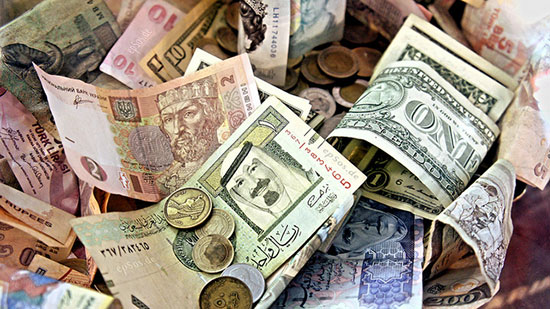Deflationary Bias in the Eurozone
Readers Question: Is there an inbuilt deflationary bias in the Eurozone? Note: I originally wrote this post in 2010. Unfortunately, every year there is a reason to update the post and suggest the deflationary bias in the Eurozone keeps getting stronger. Deflationary bias means that there is a tendency for economic policy to promote lower …


